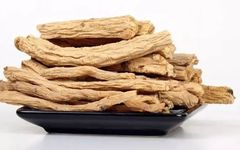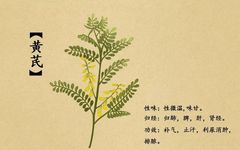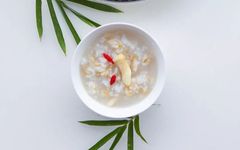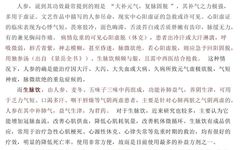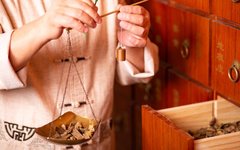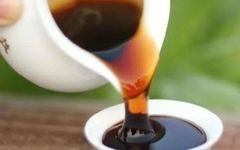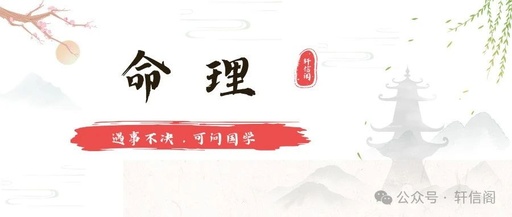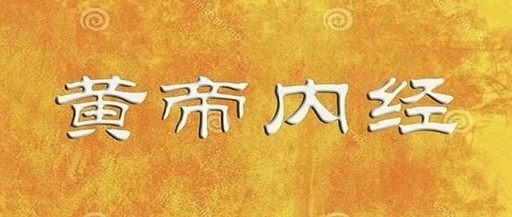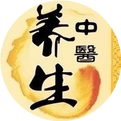Understanding Codonopsis (Dang Shen) in Traditional Chinese Medicine
Codonopsis (Dang Shen) Codonopsis is the dried root of the plant Codonopsis pilosula, also known as Dang Shen or Chinese bellflower. It is primarily produced in Gansu, Qinghai, Shanxi, and Shaanxi provinces, and was included in the list of food-medicine homologous substances in 2018.This herb was first recorded in the Supplement to the Compendium of … Read more

